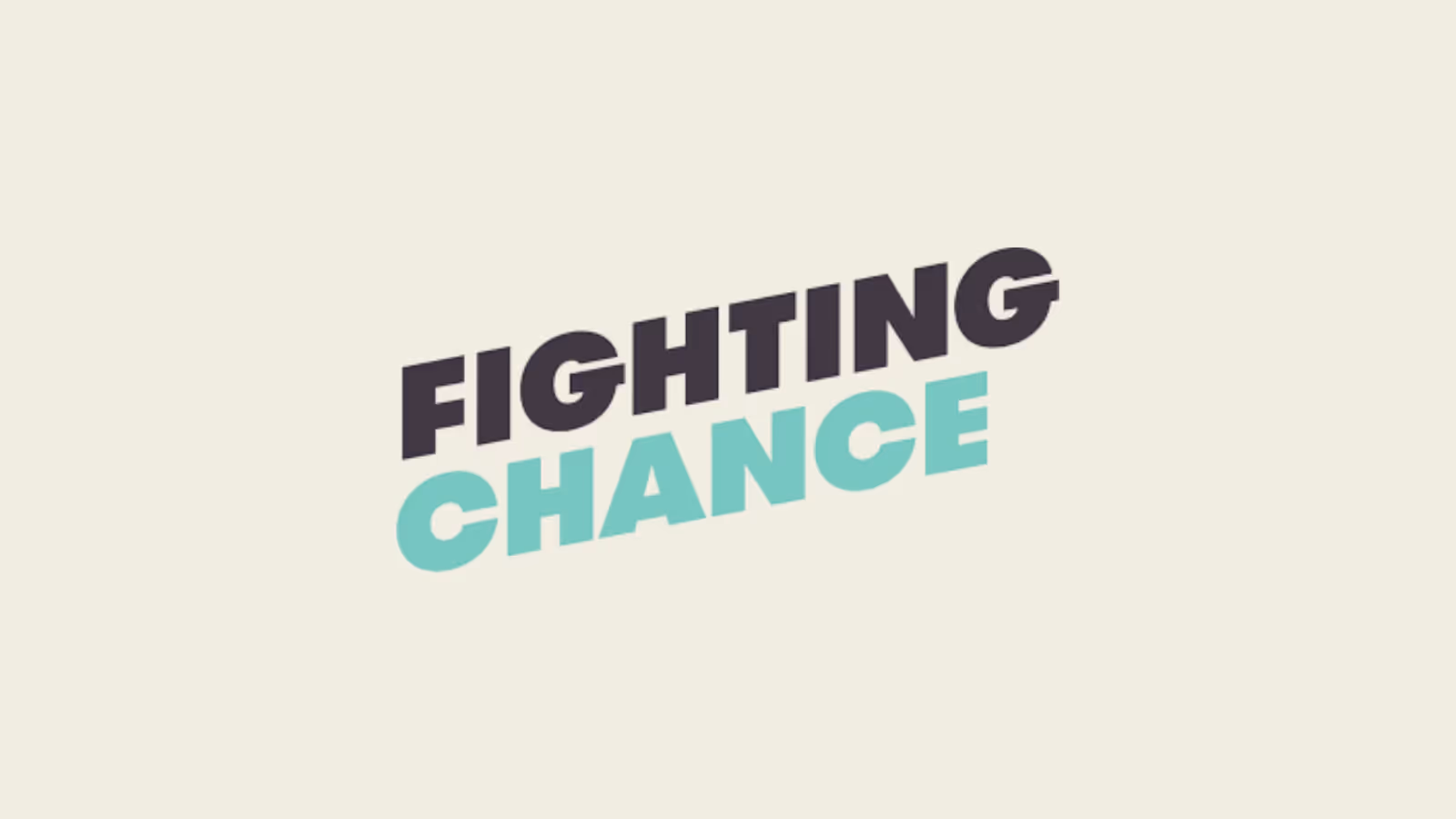6 Ways To Talk To Your Team About Mental Wellbeing
Six effective ways to talk to your team about mental health and wellbeing at work.

At any time, 1 in 5 Australian employees are living with a mental health condition. Left untreated, conditions such as depression and anxiety can cost employers up to $10.9 billion each year, primarily through lower productivity, absenteeism, and WorkCover claims.
When it comes to the mental health of your construction team, everyone has a role to play. This article explores how the construction industry is impacted by mental health, and a few ways you can talk to your team about this important topic.
Construction industry and mental health.
The construction industry alone employs more than 625,000 people across Australia, making it one of the biggest employers in the country. The statistics surrounding depression, specifically suicide in this industry, are pretty concerning.
Here’s what the recent reports from MATES in Construction have to say:
- Construction workers are 6 times more prone to die by suicide than through a workplace accident.
- Apprentices in construction are 2.5 times more likely to experience suicidal thoughts and ideations than other young men their age
- 21% of workers in the construction industry have reported having experienced a mental health condition.
- 9% of construction workers have mood-related disorders, such as depression.
- The research focused on male-dominated industries commissioned by beyond blue also indicates workers in the construction industry may have higher rates of anxiety.
With these factors in mind, it becomes increasingly necessary for employers to understand and support their employees and to consider that their employees are more than likely to have experienced a mental health condition at some point.
Mental health is costing Australian business.
Recent reports estimate that Australian businesses are losing 10.9$ billion annually for neglecting mental health issues in the workplace. However, if businesses take action, they will on average receive a return of $2.30 for every $1 invested in initiatives that foster better mental health in the workplace. In the construction industry, the return is much larger-with an average of $2.50 for every $1 invested.
In addition to these benefits, the good news is that there are various simple, concrete action steps that you can take to promote mental health in your workplace. Once you start adopting these actions, consider the resources and existing structures, policies available to you, and how you can use them to make your investment in mental health effects.
How To Promote Mental Wellbeing With Your Team
1. Reduce stigma
Misunderstandings and misconceptions about mental health are one of the most significant barriers to receiving proper care. Mental health isn’t easy to talk about, but the effects of ignoring it can dramatically affect your sites. Provide access to information on mental health.
Leave brochures and infographics about mental health on team notice boards do everything you can to ensure information is around without being too in your face about it.
2. Increase awareness
Conduct mental health awareness programs and hold training on the subject. Talking about work health and safety, discrimination, self-care about an employee’s role is crucial in fostering an open, welcoming environment within the workplace. Helping people be comfortable talking about mental health should be a priority for any company and organisation. Including awareness in staff, induction is an excellent way to start this process.
Here are a few signs someone at work may be struggling with depression:
- Increased and notable absences from work
- Lack of interest in usual activities
- Often feeling sad, miserable, frustrated, or overwhelmed
- Being isolated or withdrawn from co-workers, family, and friends regularly
- Refusing to participate in social activities
- Poor concentration or trouble with memory
- Often feeling like a failure
- Being tired or feeling fatigued most of the time
- Being less productive at work
- Difficulty completing tasks
- Feeling physically ill (headaches, stomachaches, etc)
- Difficulty sleeping at night
- Significant changes in appetite and weight
- Tearfulness
- Impulsive or reckless behaviour
3. Monitor workload and work hours
If employees work long hours regularly or work through breaks, address the issue directly, and look at your resourcing levels. Include workplace rehabilitation services through a mental health provider. This can be helpful to those who aren’t coping. If possible, consider making sensible changes to their workload or schedule.
4. Encourage those who are struggling to reach out
Staff must trust you and feel safe to speak up, so ensure that their privacy is protected. It may also be helpful to provide resources that explain how to approach their fellow co workers who may be in need of mental health support.
5. Implement prevention programs
By doing so, fewer workers are affected by mental illness. If your resources are stretched, consider prioritising lower skilled workers as research shows this group is most affected by depression.
6. Encourage your team to speak out if they’re feeling harassed and bullied
It’s essential to discuss examples of workplace bullying and evidence-based research, statistics, and potential consequences. Develop formal and informal confidential ways to handle complaints, where employees report inappropriate behaviour with any cases of bullying or harassment immediately. Senior employees should be trained on how to mentor more vulnerable workers, such as new staff.
Give your team access to mental health support today!
Foremind is the first construction-focused EAP in Australia, combining real-time counselling with content that has been written specifically for the industry. Our mission is to put mental health support in the pocket of every worker.
We are proactive in our approach and have developed an array of support material on our digital-first platform to provide convenient support to your workers 24/7.

Hello 👋 I’m Joel the founder of Foremind.
Are you ready for simplified support & compliance?
Latest insights
Answers to the frequently asked questions.
Email us at enquiries@foremind.com.au and we'll get back to you quickly with a response
Yes, we have culturally competent counsellors available, including those able to work with first nation and CALD employees.
Onshore on secure AWS Servers in Sydney Australia. All data is encrypted in transit and at rest and our entire team is located in Australia.
Employees can access our platform on any device (mobile, laptop, desktop, etc.) as long you have the website link - no need to download any app on devices. You wouldn’t need to enrol any of your staff individually.- When we do our onboarding, we ask for the first name, last name and email of all your employees, and send out an email invite to all them which will allow them to create their own individual account to access the platform. For new staff we can also invite them or provide you with a unique link to embed in your onboarding process, whichever is more convenient for you. We also kick things off with a launch webinar or video to make sure everyone is aware of Foremind and how to use it. We’ll also provide you with any collateral such as posters, QR codes, brochures etc. to help drive awareness and encourage people to create an account in the platform.
The support line is answered by our reception service 24/7. It is for urgent platform or session-related issues only (e.g. *“My counsellor didn’t show”*) or helping staff create an account.






